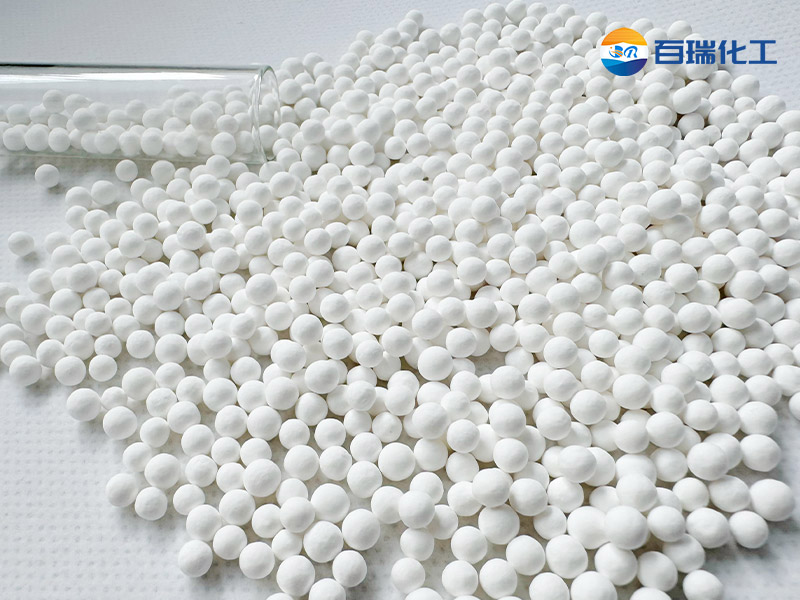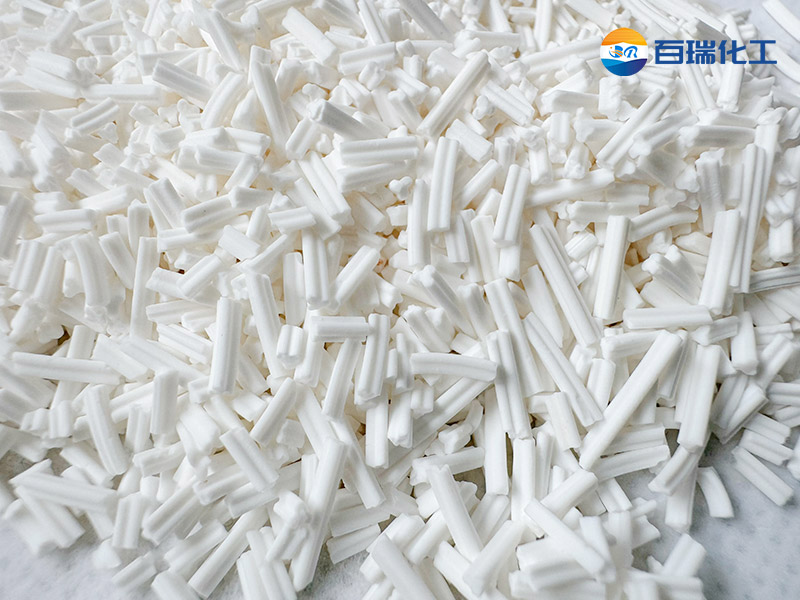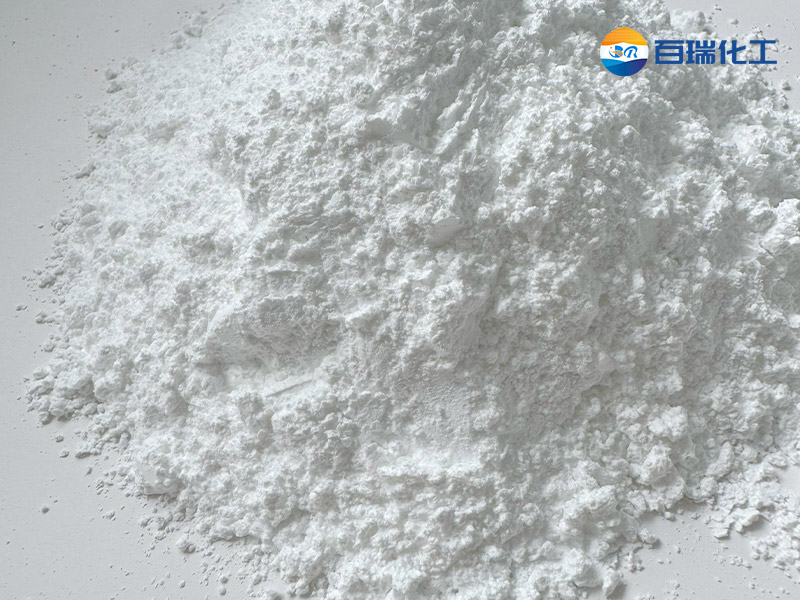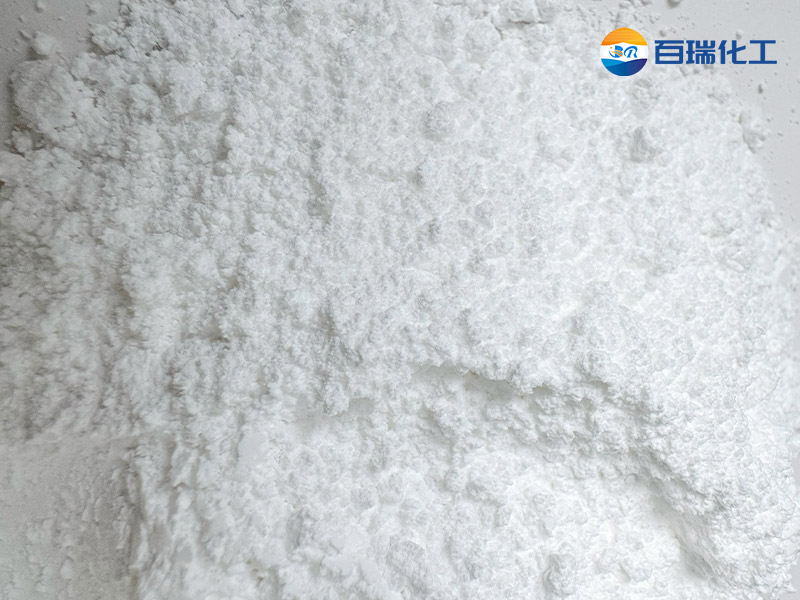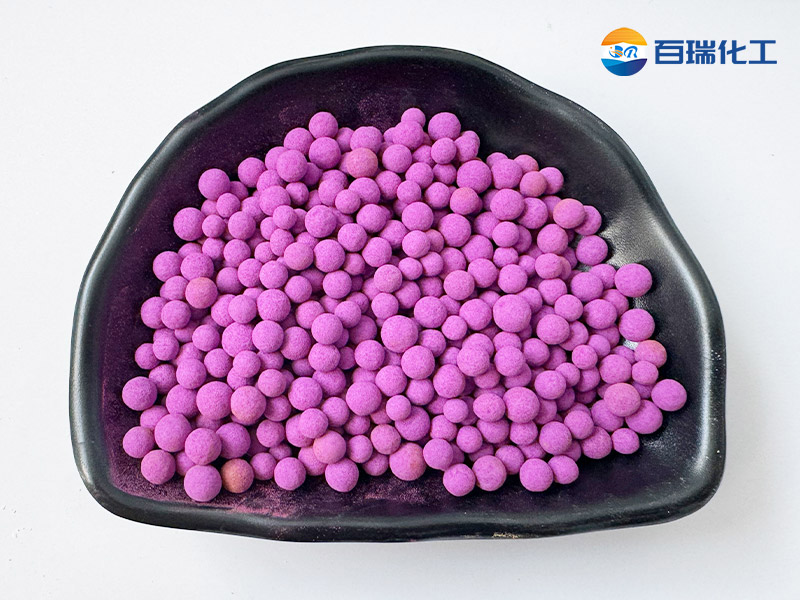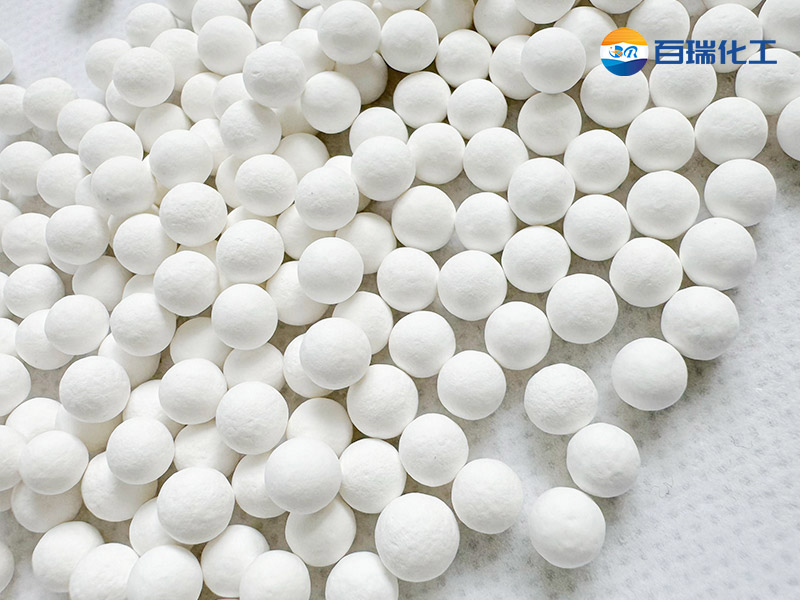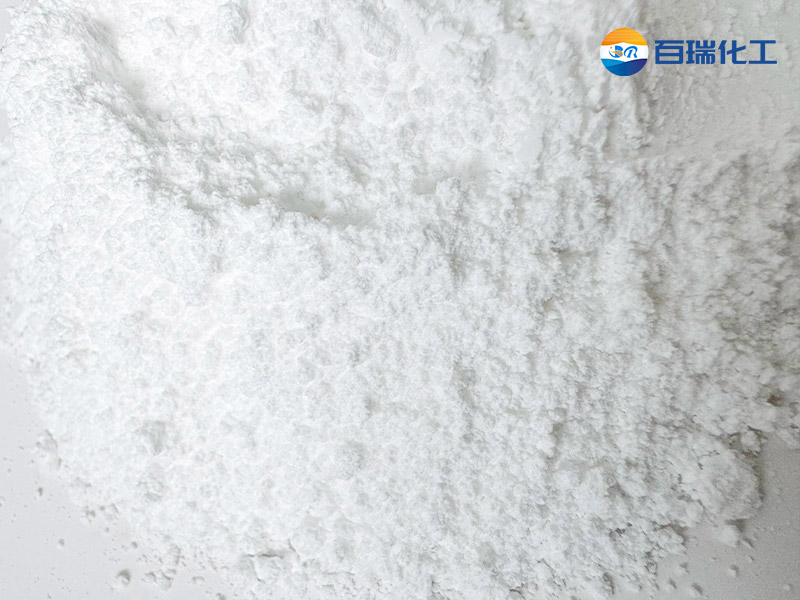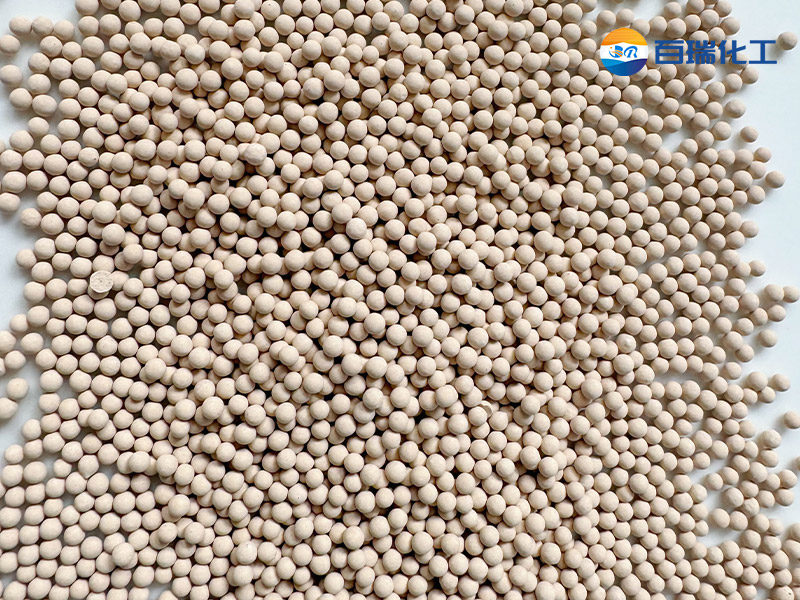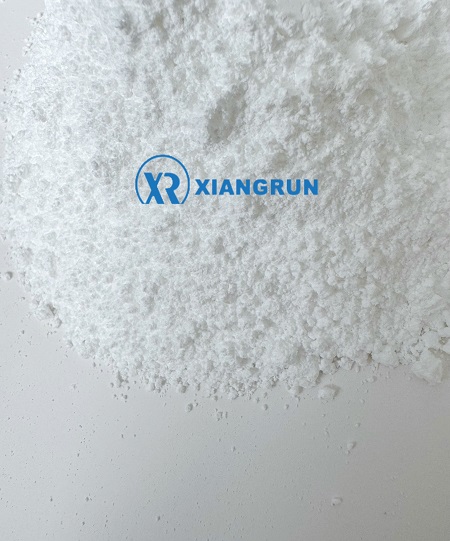The advantage of low-sodium pseudo-boehmite stems from its extremely high chemical purity. By effectively removing impurities such as sodium ions, it unlocks the full potential of pseudo-boehmite as a precursor material, particularly in terms of specific surface area, thermal stability, and surface chemistry.
I. Catalytic Performance Advantages
High Surface Area and Pore Volume: A low sodium environment facilitates the formation of a purer, more regular pore structure, resulting in a higher surface area and larger pore volume. This provides more active sites for the catalytic reaction and smoother pathways for reactant/product transport, significantly improving catalytic efficiency.
Excellent Thermal Stability: Sodium ions are known impurities that reduce the thermal stability of alumina. The low sodium content ensures that the final calcined alumina has higher thermal stability, resisting sintering and polymorphic transformation at high temperatures, thereby extending the catalyst's service life in high-temperature reaction environments.
Controllable and Pure Acidity: The surface acid sites of the support prepared from low-sodium pseudo-boehmite are pure, strong, and concentrated, enabling more precise design and control of the catalyst's acidity and basicity, resulting in higher selectivity and yield of the target product.
Reduced Sintering of Active Metal Components: A low-impurity environment helps to highly disperse and stabilize active metals (such as Pt, Pd, Co, Mo, and Ni) on the support surface, preventing their aggregation and sintering deactivation at high processing temperatures.
II. Advantages in the Materials Field
Lithium Battery Separator Coating:
1. High-Temperature Resistance: Significantly improves the heat resistance of the separator, preventing separator shrinkage and battery short circuits, significantly enhancing battery safety.
2. Wettability: Enhances the wettability of the separator to the electrolyte, improving the battery's rate capability and cycle life.
3. Purity Requirements: Battery materials have extremely stringent requirements for the content of metallic impurities. Sodium ions can severely impact the electrochemical performance and safety of batteries. Low-sodium pseudo-boehmite perfectly meets this high-purity requirement.
High-Performance Ceramics: Used in the production of transparent ceramics, sapphire crystals, structural ceramics, etc. Sodium ion impurities can affect the sintering behavior, microstructure, mechanical strength, and optical properties of ceramics.
High-End Adsorbents: Used to prepare high-purity, large-surface-area activated alumina adsorbents for applications requiring high purity, such as deep drying and pollutant purification.
III. Product Consistency Advantages
Due to stringent production process requirements, low-sodium pseudo-boehmite products exhibit extremely high batch consistency and stability in crystal form, particle size distribution, and physical and chemical properties. This is crucial for downstream users, ensuring end-user production process continuity and product quality reliability, while mitigating quality risks associated with raw material fluctuations.


